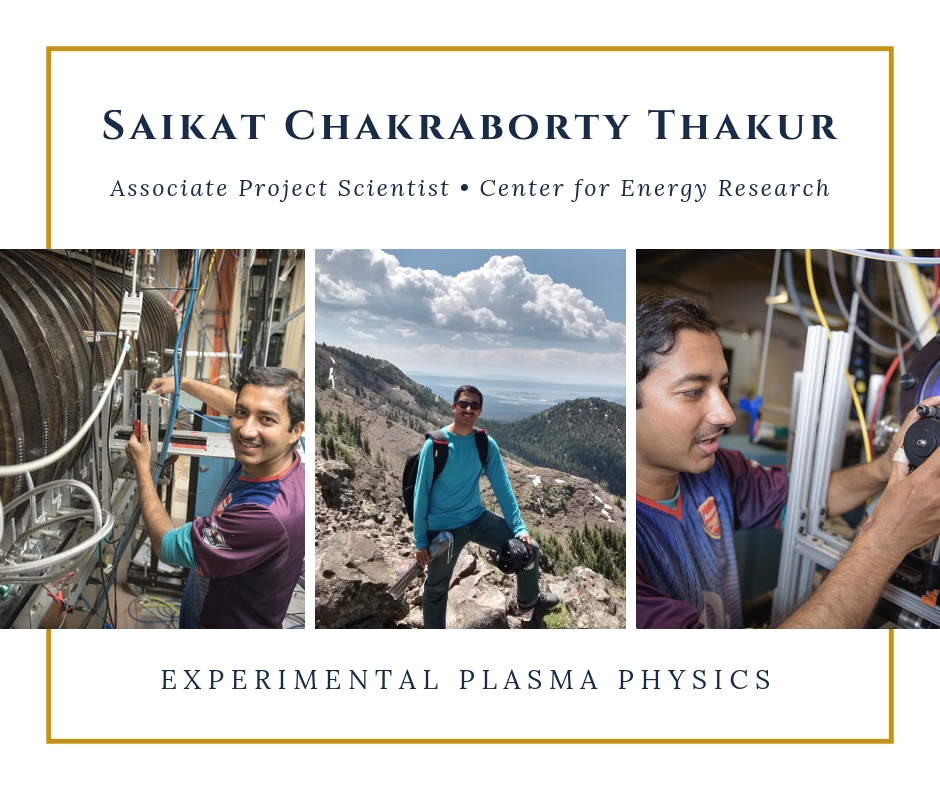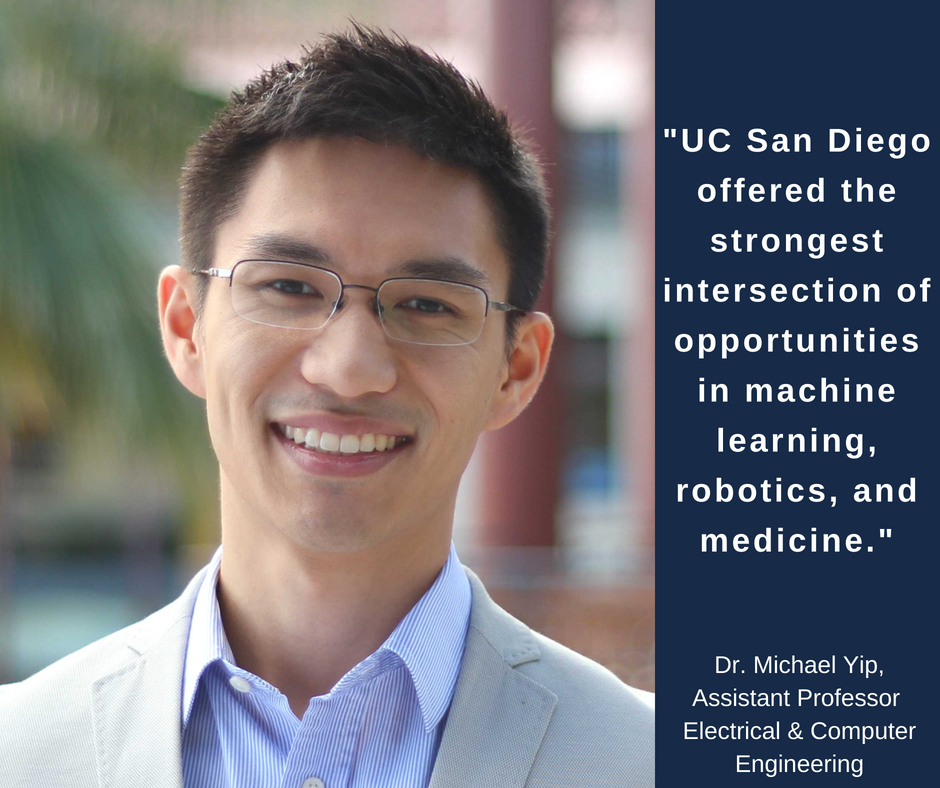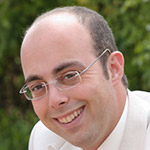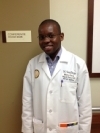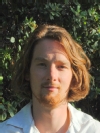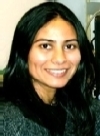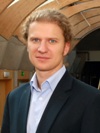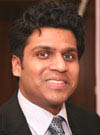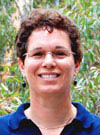International Scholar Spotlight the Family Edition
From the scholar’s perspective
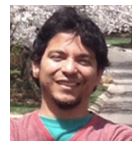
Q: A summary of your research
A: Insects are well known for the benefits they provide to the ecosystem such as pollination or their role in the food chain. However, insects may also have unfavorable effects in agriculture or human health. For instance, the Asian Citrus Psyllid is an invasive insect which feeds on citrus plants (i.e. oranges, lemons) and transmits a bacterium that kills the plants, affecting farmers in the citrus industry. On the other hand, diseases such as Zika, West Nile encephalitis, and malaria cause millions of deaths each year and are transmitted by mosquitoes. Current insect control strategies such as insecticides, physical barriers, or biological control cannot be fully implemented in all scenarios. My research is focused on developing genetic-based methods for insect control that can be used to complement current strategies. For example, genetic strategies can be used to reduce insect pest populations without killing other species. One solution would be to generate controlled changes on specific insect genes to produce sterile males that are able to seek and mate with females (in the wild) affecting the number of viable offspring. A similar outcome can be obtained by modifying certain genes to produce females with a reduced fertility. I am interested in creating tools to facilitate the genetic manipulation of insects and to apply those methods to develop innovative genetic-based control strategies.
Q: A couple of sentences as to why you chose UC San Diego
A: Professor Omar Akbari’s research continuously makes innovative contributions to the field of insect genetics, especially mosquito genetics. At UC San Diego, I’m surrounded by faculty recognized for their scientific expertise; it is a great place to enhance my knowledge in insect genetics UC San Diego offers a challenging work experience. It allows me to expand my scientific view in the insect-genetics field.
Q: An anecdote in transitioning to life in San Diego. A few descriptive sentences
A: During the transition to UC San Diego finding an apartment was difficult and took me one month to find one that matched my needs. This is tough when you are moving to a new place, so I would recommend other scholars to check housing choices in advance.
From the spouse’s perspective

Q: A summary of your day in San Diego
A: I take care of my toddler and we do different activities such as swimming in the pool, going to parks, receiving visits from friends, playing games, singing songs, reading books, etc. I also go to activities organized by IFSO such as “Mommy, Daddy and me” and the program for English conversation. Weekends vary because we do different activities including going to the beach, shopping for groceries, visiting Sea World, the zoo or other tourist attractions.
Q: A couple of sentences describing what you enjoy when you are on campus
A: When I’m on campus I really enjoy watching students achieve their academic goals in a very nice place like UC San Diego; it reminds me of myself years ago trying to do the same. When I go to campus, I usually go with my toddler; she is happy watching people and birds, or just running on the grass. I like to imagine her in an academic environment like this, taking her life with freedom and responsibility. That is something that pleases me a lot. I enjoy meeting my husband on campus after his long day of work. I am proud of him, and to be on campus as a family makes me feel like I’m a part of what he is doing in some way.
Q: How do programs such as Mommy, Daddy, and Me help with transitioning to life in San Diego?
A: When you are in a new place, it is very nice to meet people in the same situation. In some way, this kind of program allows you to have fun with your children and to meet people, share experiences and make friends. In my specific case, it is nice having my daughter, who is always with me, watching, learning and sharing with other kids; I think that is very important for her development and adaptation to this new life.
Q: Are there additional programs or resources that you would recommend to a friend to assist in transitioning to life in San Diego?
A: I definitively recommend English-in-Action conversation program. I think it is one of the best ways to practice English with someone who shares your interests. You are not just learning from talks, but from experiences together in an environment of confidence and cultural immersion. That helps a lot in transitioning processes. The Kitchen Exchange is a great option for International post-doctoral fellows, visiting scholars, and faculty who are staying at UC San Diego for one year or less, and need kitchen stuff and baby items for rent. The items cost is affordable, they are in a very good condition, and that helps a lot when you are expecting to stay a short time in the area. This way you don’t have to worry about what to do with the household items when you need to leave, because you just return them.


